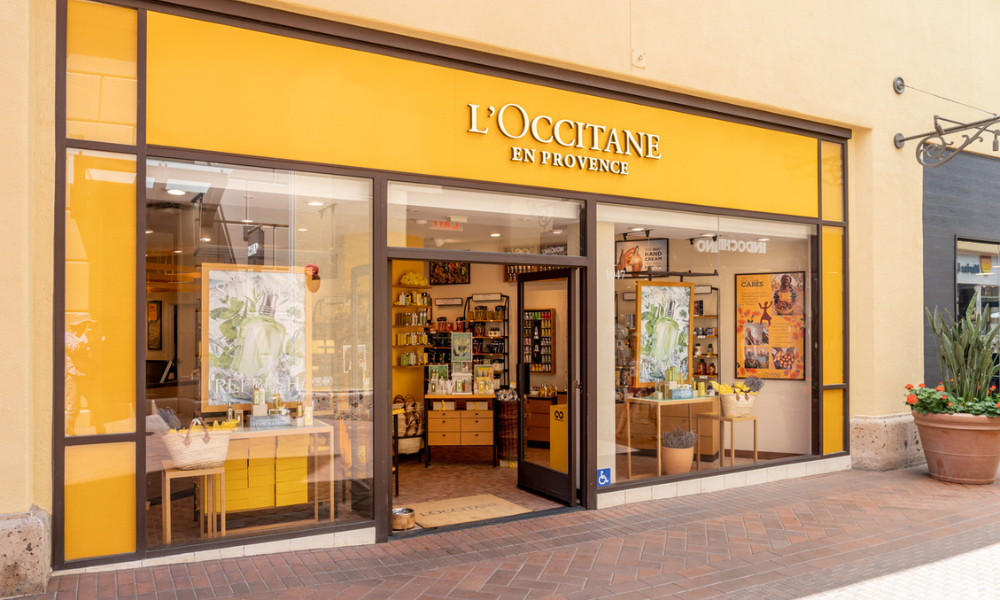
The company was not bound by arbitration agreements with these consumers: court

French company L'Occitane has successfully defended itself against mass arbitration claims brought by thousands of alleged consumers, Reuters reported.
U.S. District Judge Percy Anderson ruled that L'Occitane was not bound by arbitration agreements with these consumers, as the plaintiffs could not demonstrate that they had visited the company's website, a necessary precondition for such agreements.
The dispute began when Zimmerman Reed, a plaintiffs' law firm, attempted to compel L'Occitane into arbitration with 3,144 individual consumers. The firm argued that simply accessing L'Occitane’s website could establish an arbitration agreement. However, Judge Anderson found that Zimmerman Reed's clients failed to provide any evidence of having visited L'Occitane's web pages, thereby not meeting the burden of proof to establish an agreement to arbitrate.
Adding to the complexities of the case, L'Occitane had previously sued Zimmerman Reed in February, accusing the law firm of manufacturing mass arbitration claims against it. These claims were based on alleged violations of privacy through third-party tracking software on L'Occitane’s website, purportedly infringing the California Invasion of Privacy Act (CIPA).
Furthermore, L'Occitane alleged that Zimmerman Reed and its clients engaged in a "shakedown" attempt to extract settlements, violating the federal Computer Fraud and Abuse Act. However, Judge Anderson dismissed this claim too, stating that the act does not apply to publicly accessible websites like that of L'Occitane's.
As both key components of the litigation—Zimmerman Reed's motion to compel arbitration and L'Occitane's computer fraud claim—were dismissed, Judge Anderson also questioned the viability of the remaining aspects of the lawsuit. He has requested both parties to show cause on why the other claims, including L'Occitane’s computer fraud claims against Zimmerman Reed's individual clients, should not be dismissed as well.
This ruling represented a legal setback for Zimmerman Reed and highlighted the challenges in proving the existence of arbitration agreements based solely on website interactions. The case continues to unfold as both sides prepare for the next steps ordered by the court.